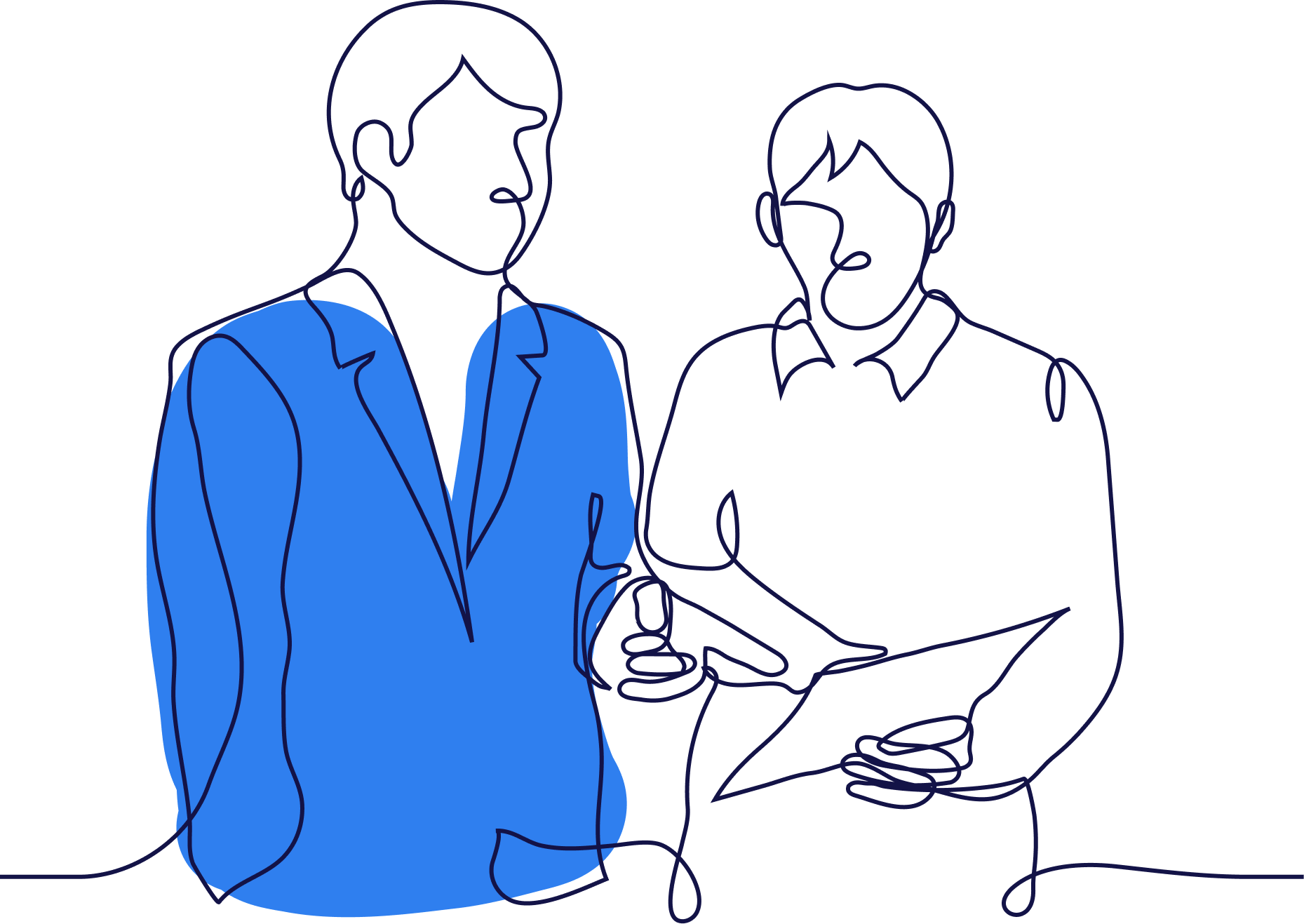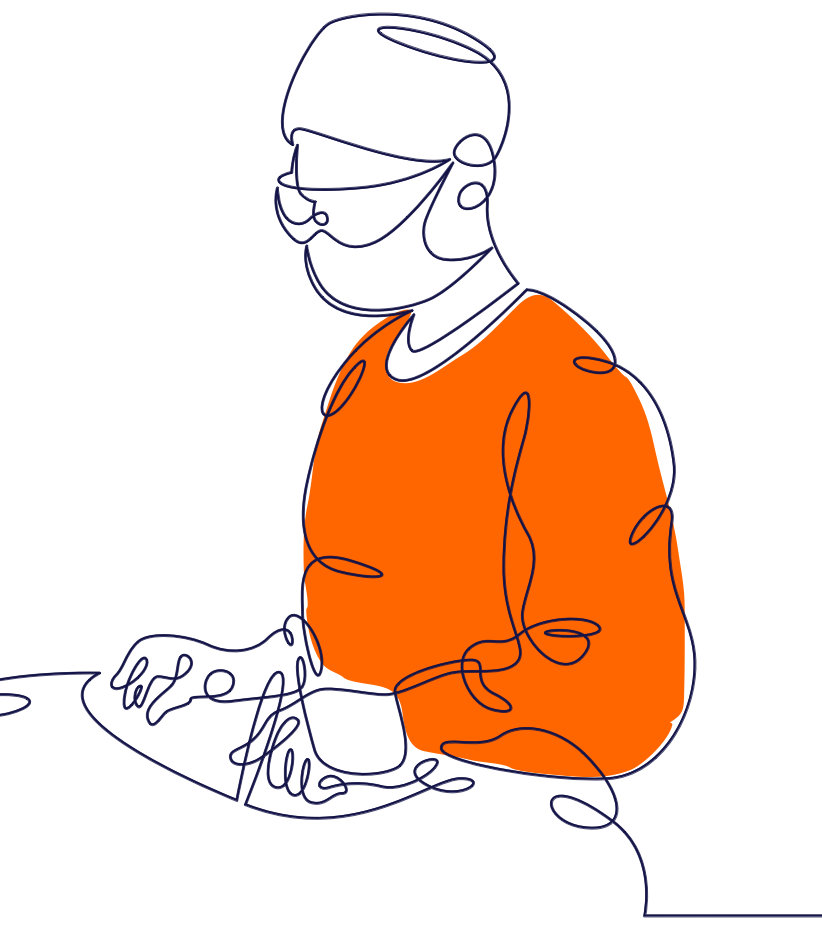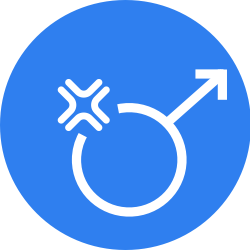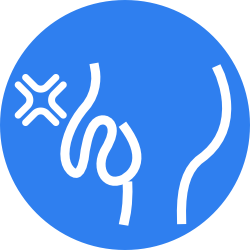Testicular cancer
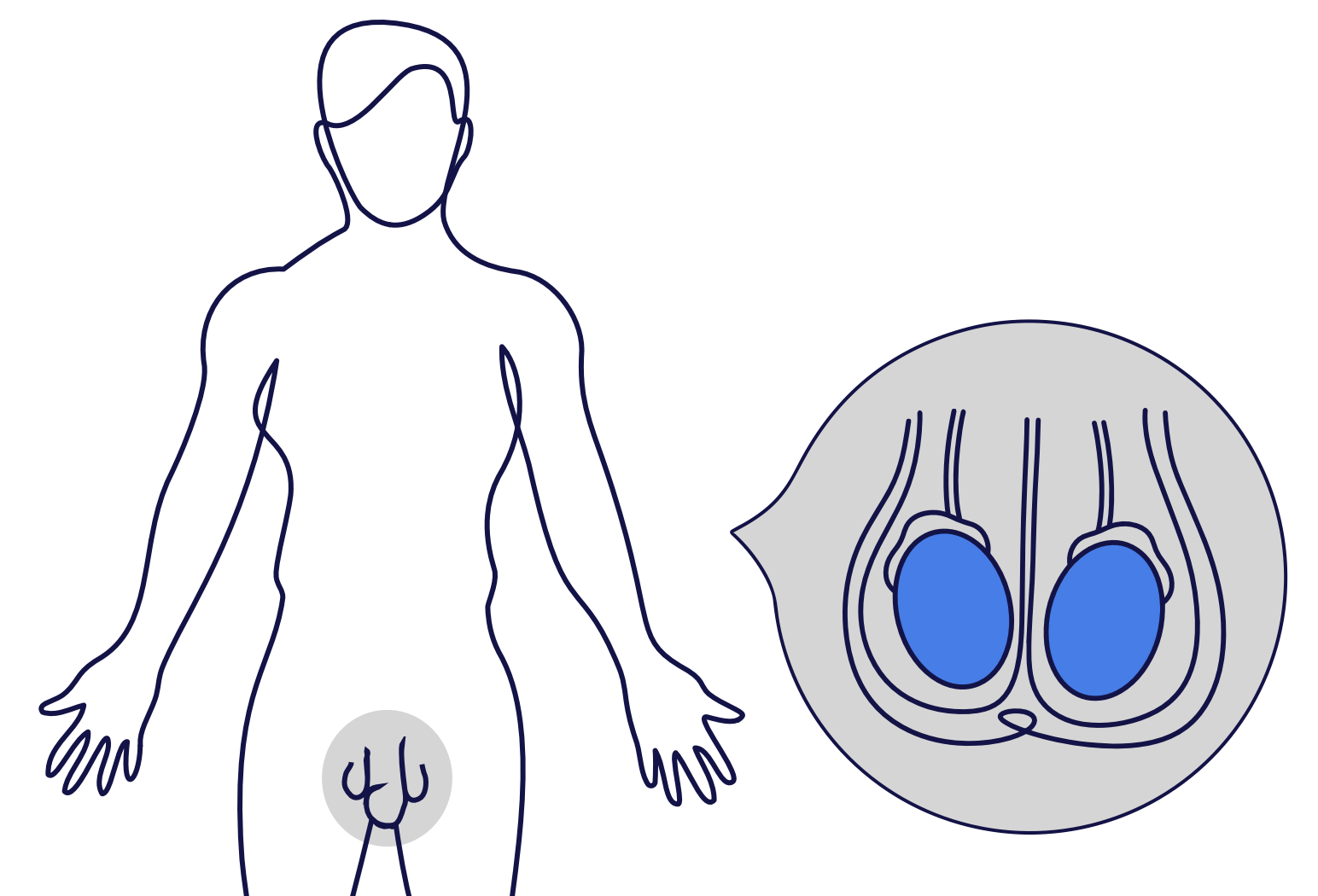
What are the testicles?
The testicles (or testes) are two oval-shaped organs that are part of the male reproductive system.
They are located inside the scrotum, the pouch of skin that hangs below the penis.
The testicles make sperm cells, which are necessary for reproduction. They also produce testosterone, the male sex hormone, which is responsible for male traits like muscle growth, deep voice, facial hair and sex drive.
What is testicular cancer?
Testicular cancer is a disease caused by the abnormal growth of cells in one or both testicles.
These abnormal cells grow uncontrollably, forming a tumour, that can spread to other parts of the body.
Most testicular cancers occur in young men aged between 15 and 40, but it can occur any age. You have a higher risk of developing testicular cancer if you had a testicle that didn’t move into the scrotum before birth (also known as an undescended testicle), and if you have a close relative who has had testicular cancer.
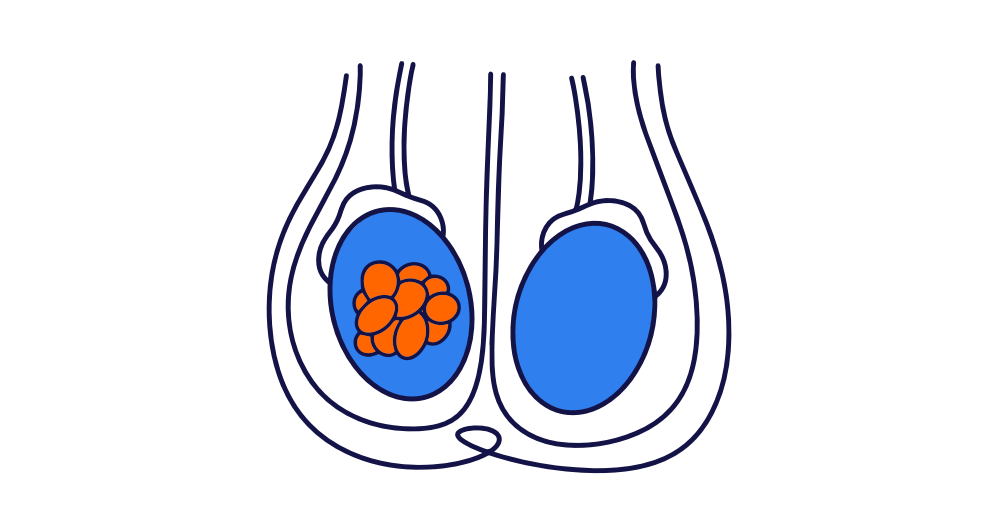
What are the symptoms of testicular cancer?
The most common symptom of testicular cancer is a lump in the scrotum or testicle.
Sometimes, testicular cancer can make the scrotum or testicles feel heavier than usual. Most testicular cancer is painless, but it can occassionally cause pain in the scrotum.
Advanced testicular cancer can also can abdominal or back pain.

Lump in the scrotum

Heaviness in the scrotum

Scrotal pain
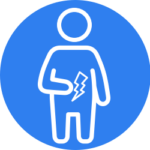
Abdominal pain

Back pain
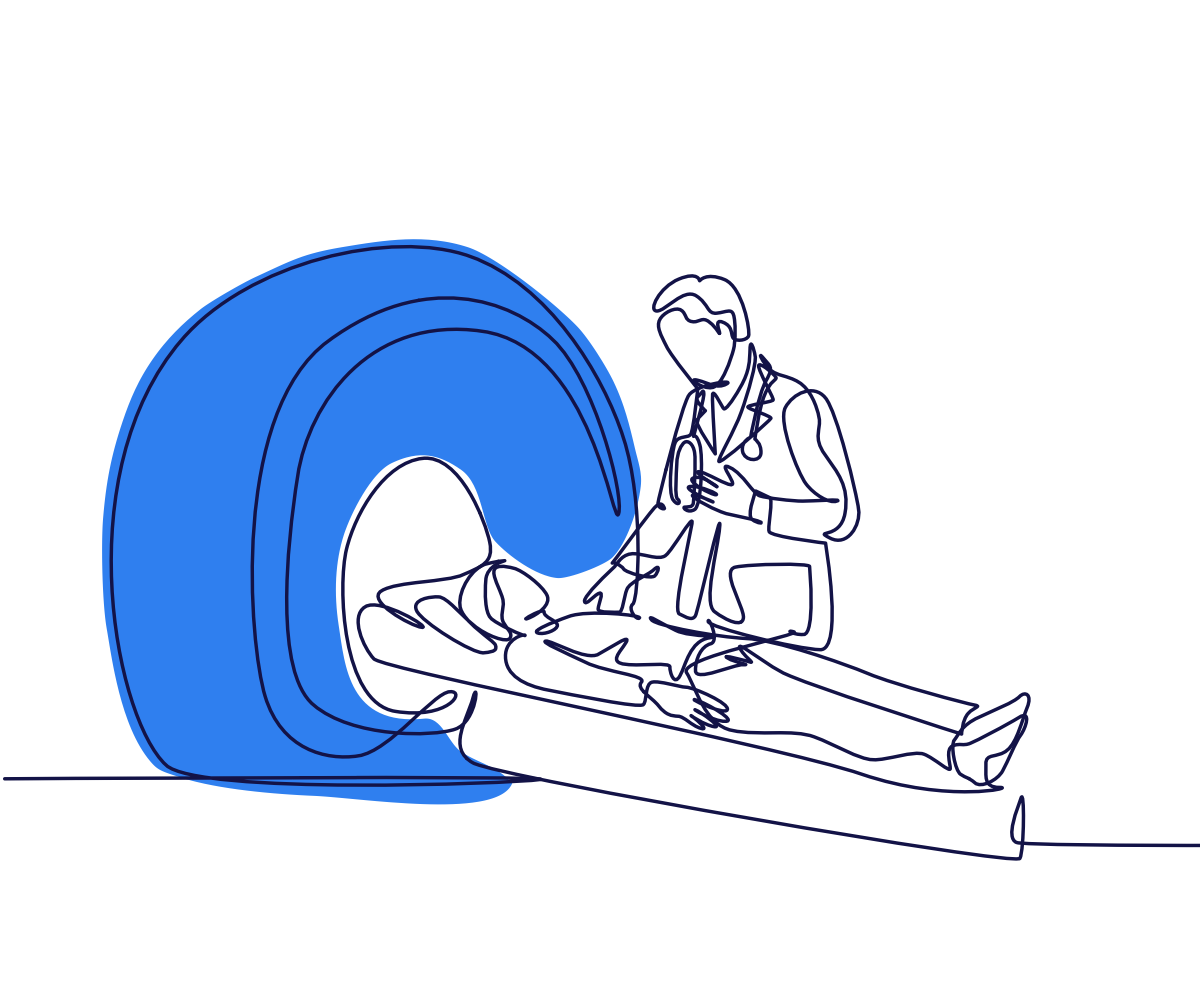
How is testicular cancer diagnosed?
Testicular cancer is usually diagnosed with a combination of physical examination, blood tests, ultrasound scan of the scrotum, and a CT scan.
A biopsy usually isn’t needed to diagnose testicular cancer.
How is testicular cancer treated?
Testicular cancer requires urgent treatment because it can grow and spread very quickly.
Fortunately, testicular cancer is one of the most treatable and curable cancers, especially when detected early.
Testicular cancer is usually treated with surgery to remove the testicle, known as an orchidectomy. An artificial testicle, known as a testicular prosthesis, can be surgically implanted to replace the removed testicle. Often no other treatment is required.
Advanced testicular cancer can be treated with a combination of orchidectomy, surgery to remove the lymph glands in the abdomen (known as a Retroperitoneal Lymph Node Dissection (RPLND)), and chemotherapy.
Read more about the procedures we use to treat testicular cancer below.
What are the side effects of testicular cancer treatment?
Many men who have treatment for testicular cancer will have no long term side effects from treatment.
Depending on the treatment required, some men who have surgery or chemotherapy for testicular cancer may develop fertility problems or low testosterone levels.
Read more about the conditions which can be associated with testicular cancer treatment below
